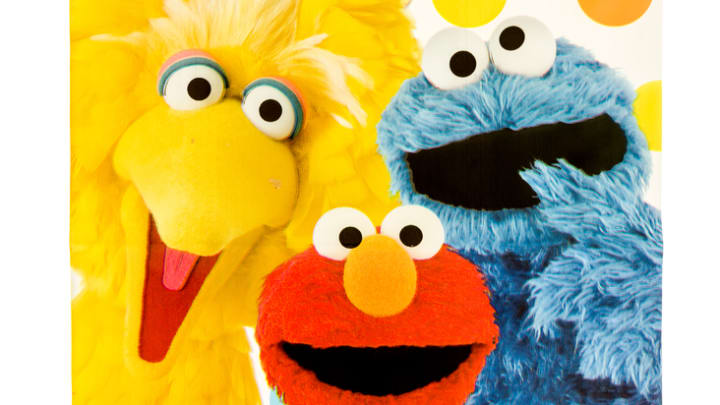5 Unforgettable Ways Sesame Street Impacted Our Culture

Sesame Street has remained an all-time favorite show of most children for over five decades. It first aired in 1969 and has maintained a strong presence in the children's entertainment world.
One thing, however, that has set the show apart is that it reflected and impacted culture in more ways than any other television series. It also carried its viewers along as it grappled with unpopular but important societal issues and world views. Let’s take a look at five inspiring ways Sesame Street affected modern culture.
1. It emphasized inclusion and focuses on opposing racism
Rooted in African-American culture, specifically the Black community of Harlem, Sesame Street made it a priority since its inception to throw its weight behind diversity and inclusion. From their set design to the genre of music used in the show, they projected an ideology that wasn't common back in the day.
The show has only grown more vocal in advocating equality for minority groups and recent shows have included stories of discrimination. In one episode, Rosita, the fuzzy blue puppet was singing a Spanish song during a visit to the grocery store with her mother. A customer harshly told them to stop speaking the language which made Rosita feel deeply ashamed. Nevertheless, one of the cast members cheered her up by telling her that speaking several languages was an incredible superpower.
2. Sesame Street was the first show to stress that it’s acceptable to make kids sad when discussing difficult issues
The show believes that instead of shying away from difficult topics because they make someone sad, it is better to help children process these painful issues no matter how they feel. Children face these difficulties daily, and if they're not taught to stand up to them, how will they survive?
An example in the show was when Will Lee, the actor who played Mr. Hooper, passed in 1982. An entire segment was dedicated to commemorating him, and the aim was to teach children that sometimes in life, painful things will happen for reasons we can't explain.
In another instance, Lily, a puppet, was introduced to help people understand the tragedy of losing one's house and becoming homeless. Though difficult to stomach, scenarios like these help children brace up for difficulties.
3. The show went further to speak for those living with HIV
Sesame Street once again pushed the limits of its boundaries by including Kami, a five-year-old puppet who had HIV. They aimed to tell the world that those living with HIV were still humans who needed love and understanding, and as such, shouldn't be discriminated against.
During a discussion, Kami told one of the other puppets that she was born with the virus and her mother lost her life to AIDS. In response, another puppet told her that they'll continue to be her friends because the virus isn't transmitted through friendship.
Many South African viewers received the episode with gladness, but that wasn't the case among some far-right Americans who felt that HIV/AIDS wasn't an appropriate topic for kids.
4. Sesame Street tried to encourage children with developmental challenges
In 2017, Julia, an autistic puppet, was introduced on set during the Amazing in All Children series. The goal was to give a sense of identity to kids with physical and other forms of challenges, and by focusing on what makes them special, they'll worry less about what makes them different.
That year, Sesame Street also raised awareness about autism in a bid to destigmatize it and increase compassion and concern for the autistic as well as any kid within that spectrum.
5. Creators and fans believe that the show was made for difficult times like the pandemic
The 2020 lockdown was an ideal opportunity for Sesame Street to further fulfill its mandate of educating and encouraging young children. As movements were restricted and most people turned to their television sets for news and information, the show taught kids how to stay healthy and take care of others.
Emphasis was laid on wearing masks and washing hands and questions about how the virus spread was answered by Dr. Anthony Fauci. In all, it helped quell children's fears, addressed their curiosity, and helped them get used to the “new normal.”
The family series has always been educational from the time it was launched. It’s a good thing that it hasn’t backed down as it continues to touch on vital topics year in and year out.